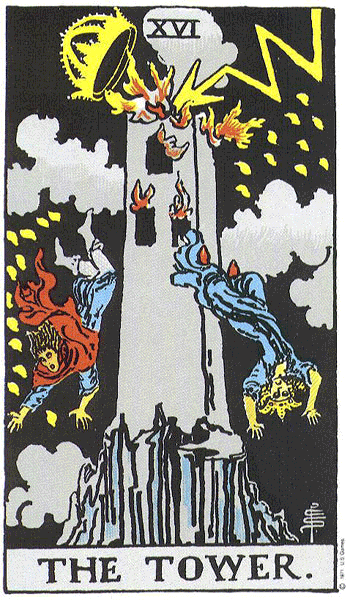Fast on the heels of the Wikileaks scandal, Web 2.0 media have also been central to the massive protests by the Egyptian people against their President of 30 years, Hosni Mubarak. The Egyptian leader came to power after the 1981 assassination of Anwar al-Sadat a co-winner of the 1978 Nobel Peace Prize along with Israeli Menachem Begin for their collaboration on President Carter’s Camp David Peace Accords. In response to the assassination, President Mubarak enacted Egyptian Emergency Law No. 162 of 1958 through which he has justified and maintained his decades of power and position in the name of fighting terrorism and drug trafficking. While it is not clear what touched off the protests at this particular time, it is clear that new social media tools on the Web have played a central part in challenging controlling regimes of all types, political, economic or academic that resist the obvious flow of history towards greater openness, connection and democratic participation.
In response to the democratic use of technology by protesters, Egypt attempted to shut off all web access in the country via a “Web blackout,” a feat possible only with the cooperation of private corporations. True to the nature of the Web, protesters were able to do a work around by using their cell phones to access the web by the elder technology of a dial up connection. This is not only a prime example of the ultimate uncontrollability of the Web but also a reminder of the wisdom of keeping in touch with elder technologies that may continue to be useful when newer, more complex systems fail or are shut down by those who wish to control the flow of information because they cannot stand up to public scrutiny. For Mubarak the excuse to stifle web access was to “combat terror” but we needn’t be too smug at this familiar ploy – such stifling happens in America as well. Recent US attempts to limit access are claimed to be instituted to “fight piracy” or to increase the corporate profits of companies like Verizon with a hierarchical plan to enclose parts of the Web from those unable or unwilling to pay higher service fees for the fast and capacious connection speeds that are currently our common level playing field.
One of the most insightful observations William Burroughs ever made certainly applies here:
“Control is controlled by the need to control.”
Maybe the OCD control freaks of the world should re-read the recent news from Egypt and reconsider their ill-advised and ultimately futile fight against the unstoppable evolution of freedom…
NPR “Anti-Government Protests Roil Egypt”
Aljazeera reports in “Talks fail to end Egypt protests”
